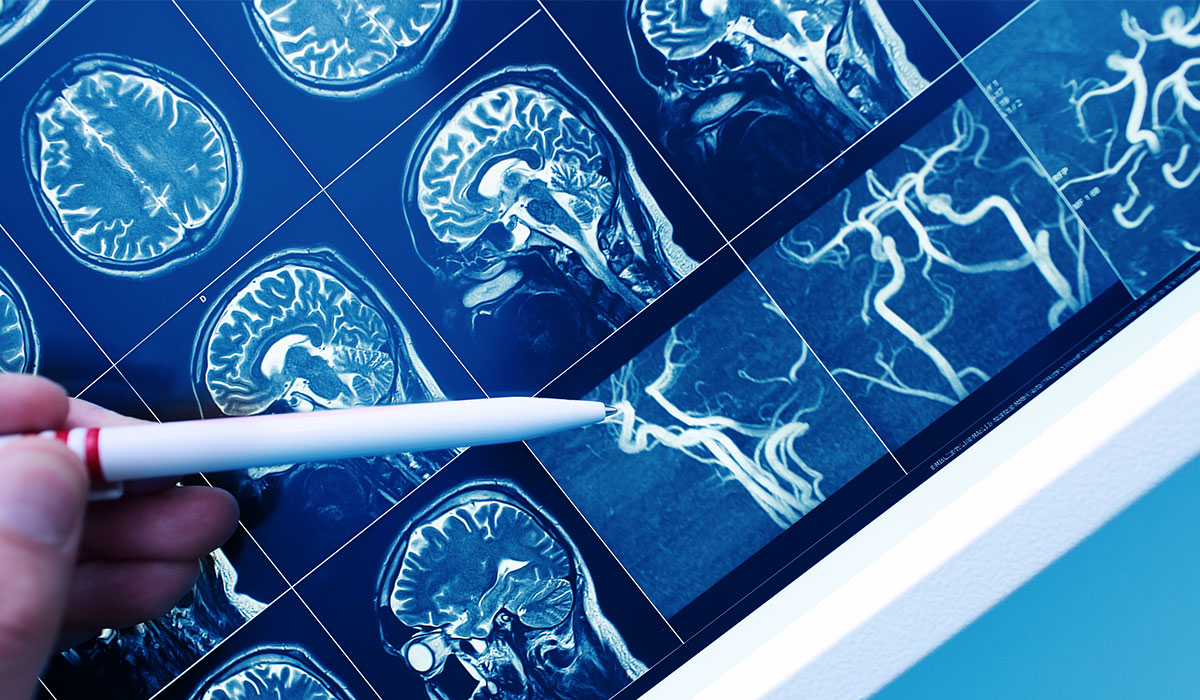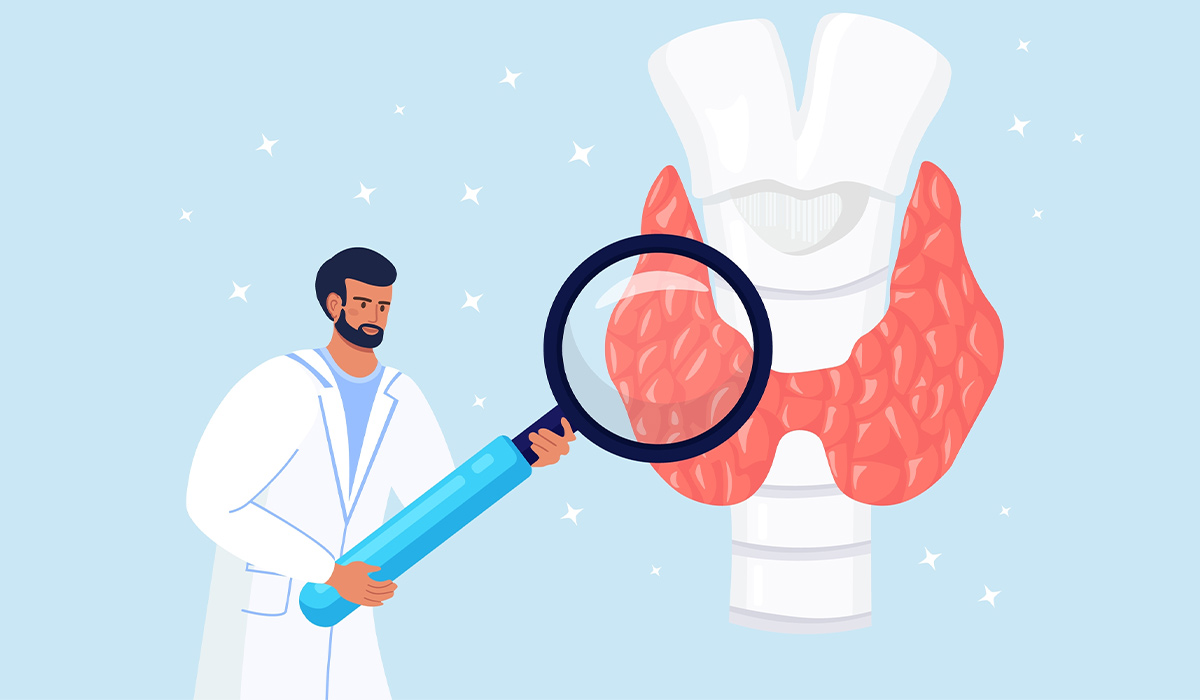Brain fog is a phrase for a spectrum of signs that induce cognitive impairment. It influences the capability to think, concentrate, recognize, and pay attention. These symptoms cloud the mind and make it challenging to complete common tasks.
It is also called mental fog. Brain fog is a complex phenomenon that requires a holistic approach to brain health, both in terms of treatment and prevention. Persistent or recurring brain fog significantly reduces the comfort of everyday life. Therefore, to alleviate its symptoms, it is recommended primarily to change to a healthy lifestyle.
It may occur after an illness, as a side effect of a medication, or as a manifestation of an underlying disease. A healthcare provider will help diagnose what’s generating brain fog to help you feel better.

The most typical manifestation![]() of brain fog
of brain fog![]() include:
include:
Remember that certain factors can worsen brain fog, such as dehydration, lack of sleep, a sedentary lifestyle, stress, and an unhealthy diet. Individuals with neurological conditions like Alzheimer's disease and those who have suffered strokes or mechanical injuries to the nervous system are more susceptible to experiencing brain fog.
While brain fog doesn't typically require diagnostic imaging, people who have had COVID-19 and exhibit stroke symptoms should seek immediate medical assistance. Complications like ischemic or hemorrhagic strokes and venous sinus thrombosis can arise after a coronavirus infection, warranting a head MRI if these symptoms manifest.
The most common causes of brain fog![]() include:
include:
The term brain fog gained attention during the COVID-19 pandemic, but it existed before the outbreak. It's not a medical term but refers to diverse symptoms that influence cognitive function. These symptoms include impaired concentration, forgetfulness, communication problems, and alienation. After COVID-19![]() , it also encompasses long-term fatigue, attention issues, and olfactory disorders lasting over three months.
, it also encompasses long-term fatigue, attention issues, and olfactory disorders lasting over three months.
Brain fog isn't exclusive to COVID-19; it was reported before the pandemic. Numerous factors can contribute to it.
During pregnancy![]() , many women experience memory difficulties. They often struggle to recall words, names, and even the reason for their errands. Concentration can also be a challenge. These problems are sometimes referred to as pregnancy amnesia.
, many women experience memory difficulties. They often struggle to recall words, names, and even the reason for their errands. Concentration can also be a challenge. These problems are sometimes referred to as pregnancy amnesia.
The leading cause of memory disorders during pregnancy is indicated to be the enormous hormonal changes occurring in the pregnant woman's body (especially when it comes to estrogen and progesterone). The increasing level of these compounds affects the functioning of brain cells, which process information less well.
Symptoms of pregnancy amnesia usually disappear a few weeks after delivery.

Many people in cancer therapy![]() , i.e., those undergoing chemotherapy, radiotherapy, hormone therapy, and surgical procedures, experience cognitive disorders. This condition is referred to as “chemobrain” or, more broadly, CRSD – cancer-related cognitive disorders.
, i.e., those undergoing chemotherapy, radiotherapy, hormone therapy, and surgical procedures, experience cognitive disorders. This condition is referred to as “chemobrain” or, more broadly, CRSD – cancer-related cognitive disorders.
Dysfunctions occur most often in patients with breast cancer. Still, they are also observed in patients with lung cancer, head and neck tumors, testicular cancer, lymphomas, multiple myeloma, prostate cancer, and after hematopoietic cell transplantation and carcinoid syndrome.
The most significant causes of cognitive disorders in cancer treatment include dysregulation of cytokines (proteins that play an essential role in the immune system). Cytokines' levels negatively correlate with cognitive functioning—the higher the level of cytokines, the greater the problems with memory, attention, etc.
Memory and attention impairment can also occur during cancer itself, and this does not only apply to tumors that attack the brain and nervous system.
Many women complain about deterioration of cognitive functions, including memory and concentration disorders, during and after menopause![]() . These symptoms appear alongside mood disorders (irritability, anxiety, sadness, depressive episodes) or sleep problems.
. These symptoms appear alongside mood disorders (irritability, anxiety, sadness, depressive episodes) or sleep problems.
And again, hormones, especially estrogen, are indicated as the main cause of the problems. The drop in the level of sex hormones in the body, which occurs during menopause, results in estrogen no longer being delivered to the brain. Meanwhile, studies have shown that areas of the brain involved in mood, behavior, and cognitive functions have a high concentration of proteins binding to estrogen.
Scientists, therefore, suspect that the cause of memory disorders in women is hormonal imbalance, including estrogen deficiency.
Chronic Fatigue Syndrome![]() (CFS) is a complex disorder characterized by feelings of extreme exhaustion that last for at least six months.
(CFS) is a complex disorder characterized by feelings of extreme exhaustion that last for at least six months.
The CFS diagnosis is based on eight key signs, of which the patient must meet at least four. In addition to a persistent feeling of exhaustion, these include:
Brain fog signs in depression![]() are clinically referred to as cognitive dysfunction. Not every individual with this condition will experience the exact symptoms or with identical intensity.
are clinically referred to as cognitive dysfunction. Not every individual with this condition will experience the exact symptoms or with identical intensity.
Depression has diverse impacts on the brain, and brain fog can manifest as:
Other possible manifestations of brain fog can involve:
To obtain a depression diagnosis![]() , a specialist tries to determine at least five out of nine standard signs. These symptoms must be present for most of the day, most days, for at least 2 straight weeks.
, a specialist tries to determine at least five out of nine standard signs. These symptoms must be present for most of the day, most days, for at least 2 straight weeks.
Those depression signs include:

Some types of medications![]() – both over-the-counter and prescription – can cause brain fog. If you notice that your thinking is not as clear or fast as it should be while taking a particular medication, or you suddenly forget something, contact your doctor. Be sure to inform them about all the medications you are taking.
– both over-the-counter and prescription – can cause brain fog. If you notice that your thinking is not as clear or fast as it should be while taking a particular medication, or you suddenly forget something, contact your doctor. Be sure to inform them about all the medications you are taking.
No medicine yet will allow you to get rid of this condition effectively. However, the problem has become so common that it has resulted in the creation of many support groups on social media for people struggling with brain fog.
Fighting it isn't easy because the condition can have many causes, and the diagnostics are broad. It involves assessing the patient's mental and neurological condition and ruling out internal diseases – including hormonal disorders, anemia, vitamin and mineral deficiencies (e.g., vitamin D, iron), and electrolyte disorders.
Treatment depends on the diagnosis – from regulating the deviations found in laboratory tests through a healthy diet, supplementation of B vitamins, and recommending exercises that stimulate the mind and the right amount of sleep to psychotherapy.
Certainly, improving the general condition of the brain through lifestyle changes![]() , e.g., changing the diet, increasing physical activity, and managing stress, can help many people recover faster. It is therefore important to take care of:
, e.g., changing the diet, increasing physical activity, and managing stress, can help many people recover faster. It is therefore important to take care of:
Brain fog caused by a coronavirus infection is typically temporary. However, it can have various causes, and issues with focus, short-term memory, and feeling disoriented may persist or come and go for weeks, months, or even years. That is why it is so essential to consult a neurologist.
A deterioration in the quality of life can negatively affect your mental state and you should not be left alone with this, especially if anxiety depression, or even post-traumatic stress disorder appear. In such cases, take care of your mental health and seek the help of a psychotherapist.
The occurrence of complications after coronavirus infection still raises many doubts. There is no clear way to determine whether some observed symptoms may prove permanent.
So far, it has been observed that problems referred to as so-called brain fog usually subsided, although the period for which they accompanied patients varied. Problems with concentration and fogginess may persist for several weeks and, in some people, even several months.
Table of Contents

Coronavirus belongs to a family of highly infectious viruses. It caused an outbreak in 2019, posing many challenges for world… read more »

REM is the stage of sleep in which rapid eye movements occur. What then happens in the brain and body?… read more »

Amnesia is a memory disorder whose symptom is memory gaps. Why does this disorder occur? What is the diagnosis and… read more »

Depression is a mental disorder which usually is manifested by abnormal mood regulation. What are the signs of depression? Which… read more »

Sleep paralysis is a condition in which you experience a feeling of inertia of the entire body. What are the… read more »

Insomnia is characterized by insufficient duration or unsatisfactory quality of sleep. The problem can take many forms. What are its… read more »

Vascular dementia can occur after a stroke or other incident. Learn the most important information to recognize early symptoms and… read more »

Don't let sleep disorders take away your enjoyment of life. Find out if you have symptoms of sleep apnea. Learn… read more »

The thyroid is a small organ whose hormones regulate the body's metabolism. Check what are the signs of thyroid problems.… read more »